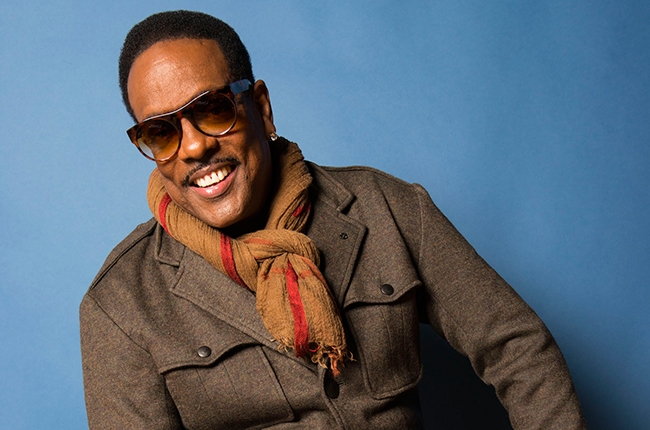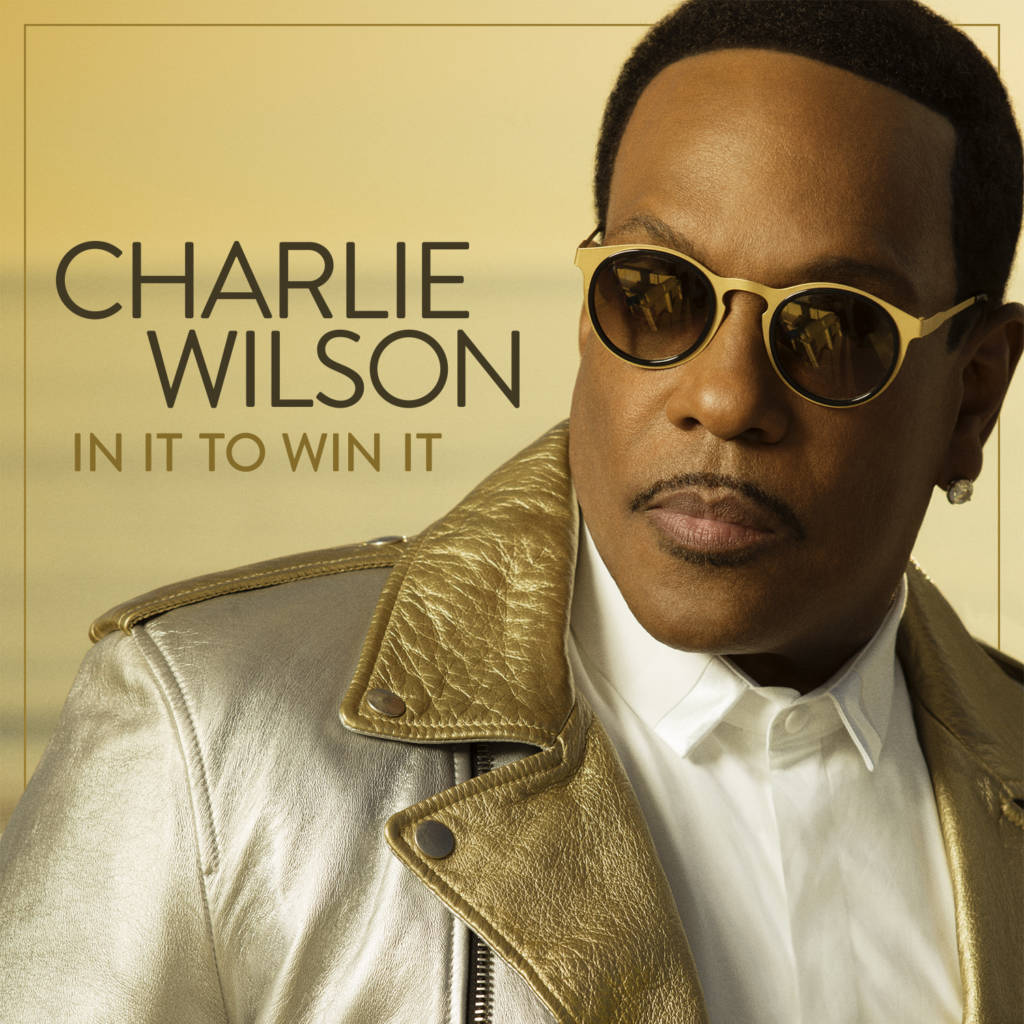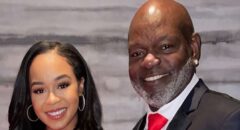
If James Brown was the hardest-working man in show business, Charlie Wilson is running a close second in the latest chapter of his life. Currently on tour, Wilson is one of the most electrifying and energetic performers in the business. Since his days as the front man of the legendary Gap Band, Mr. "First name Charlie, last name Wilson" has been blessed with an almost nonstop career of music hits, thanks in part to artists like Pharrell, Snoop, Justin Timberlake and Kanye West who've helped keep his voice and legacy fresh with a new generation of listeners.
The 63-year-old 11-time Grammy-nominated singer/songwriter and Lifetime Achievement Award winner is still singing, dancing, and touring around the world -- probably more than any artist half his age.
His new tour is called the "In It To Win It" tour and his new single is entitled, "I'm Blessed," which directly speaks to Wilson's road to recovery and his struggles with disease.
After the Gap Band parted ways with their manager and split their publishing deal with him in 1986, the band, still under contract, had trouble finding new management. With little money coming in and frustrations mounting, Wilson turned to drugs and alcohol as a way to cope, leading him to a life on the streets of Los Angeles for nearly two years.
"I was sleeping in trucks, cars, parking lots, and I'd have a shopping cart with some plastic around it; a brick for my pillow and a piece of carpet. That's what I laid on."
It was a cousin that he used to get high with who tracked him down and started him on the path to recovery.
"She was just crying so, so bad and she just hugged me for, you know, at least thirty seconds and she wouldn't let go," Wilson recalls. "And then when she let go she looked at me and she said, 'Cuz, you dying out here.' I was like, 'I ain't dyin'!' and she took out a mirror and showed me myself. I was like, whoa, who the hell is that? And I looked so bad, my skin was all patchy and dry and I'm a grown man and I was weighing a hundred and fifteen pounds."
Wilson was sick and tired of being sick and tired and didn't resist when his cousin put him in rehab. While in rehab, his social worker was his angel. "She said, 'I'll help you. I won't let your feet hit the ground.' She got me a house, filled it up with furniture, everything, man. This woman I didn't know from Adam."
When he graduated from the program, that woman became his wife. Wilson and Mahin Tat have been married for over 20 years now. They are both thankful for the resurgence of his career and thank God for living the blessed life.

“I am excited about my new single, ‘I’m Blessed,’ because it says exactly where I am in my life, blessed to still be making music that people want to hear” states Wilson. “2016 has been a tough year for so many people around the world...
... and I am proud to release a song that reminds us that we can all find some blessings in our lives. Having T.I. add his flavor to the song and share who he is and how his journey is filled with blessings is an added bonus.”
MUST READ: El DeBarge: "I Got My Willpower Back..."
Even while living the blessed life, it is not without issues as Wilson knows all too well. Being a prostate cancer survivor he recalls how he found out and why he decided to fight back.
"I remember hearing I had prostate cancer like it was yesterday," remembers Uncle Charlie. "I was convinced my life was over. I worked hard at overcoming other life challenges and had the will to return to the top of my game in the music business. I put together a good show; had a catalog of great new songs to record and perform."
"Everything was just going great until I went to the doctor for a general physical in the summer of 2008."
"My wife, Mahin, made an appointment for me to have my annual physical. I have never liked going to the doctor or getting any type of exam. In addition to the physical, Mahin suggested I have a prostate exam."
"I definitely did not want to have that - for various reasons - but Mahin was very convincing."
"After a few days, I heard back from the doctor. He encouraged me to make an appointment for the following month for additional monitoring. He explained that African-American men were more likely to be diagnosed with prostate cancer than any other race, and he wanted to keep an eye on things."
"I returned in a month. Based on follow-up tests, my doctor suggested that I see a specialist for a biopsy. I immediately got nervous and was concerned about what this could possibly mean."
"Our visit with the specialist started with, 'I have some good news and some bad news.' My wife asked for the bad news and the doctor said 'Mr. Wilson, you have prostate cancer.' My initial reaction was to get up and leave the room. My wife calmly asked me to sit down and have the doctor give us the good news. The good news was that it had been detected early and could be effectively treated."
"Thank God for my wife and her patience and understanding. My initial thought was that my life and career were over. Nothing was further from the truth."
"The doctor gave us some informational materials and our research began. We discussed options with my health care team and by working with them closely, I am now cancer free."
But my journey was not over.
"During our research I learned that African-American men are 60% more likely to be diagnosed with this disease than other races or ethnicities. It was at that time that I decided it was time for me to start informing as well as performing."
"I began to talk about my prostrate cancer diagnosis in my concerts and interviews. Some men asked, 'Why are you telling your personal business?' I replied, 'It’s my responsibility to make my community aware of this disease and to try to overcome the fear about discussing it.'"
"During my own prostate cancer battle, I learned that my father was also conducting his own battle. Unfortunately, he did not tell us that he had prostate cancer. It wasn’t until I called to let him know about my diagnosis that he told me. That was a very difficult conversation for me and also confirmed my commitment to tell my story in order to make my community aware of this disease and encourage them to discuss it."









